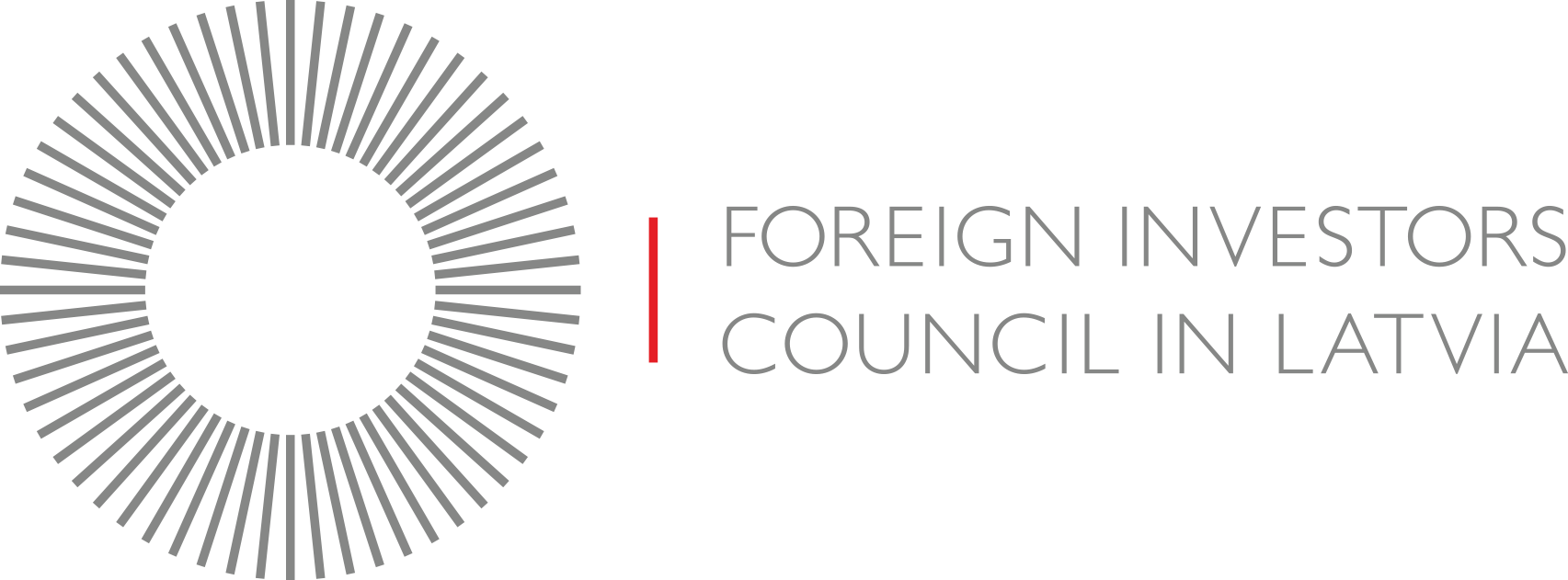Investment protection is a cornerstone of a predictable and secure business environment, directly influencing investor confidence and long-term economic growth. Since 2019, the FICIL Investment Protection Work Group has put forward in total 43 recommendations aimed at improving the quality of business legislation, stimulating court efficiency, fair competition, effectiveness of the public procurement system, and ensuring enforcement of investor rights. To date, 65% – 28 in total – of these recommendations have been fully or partially implemented. Since the previous High Council 9 recommendations been fully or partially implemented, showing considarable improvement.
Among the key achievements should be noted the following: first, the government has put forward a long-awaited proposal on the public procurement reform, which is expected to enhance effectiveness, transparency and fairness of the system. Second, the Cabinet has approved the draft Amendments to the Civil Procedure Law to expand the competence of Economic Court in civil cases and the Ministry of Justice has expressed support for creating an appellate instance of the Economic Court. Third, digitalisation of court processes has advanced, despite inconsistent use of digital tools in line with procedural rules. Fourth, judicial competences have been strengthened through the launch of the Judicial Academy in January 2025.
Despite several achievements, FICIL recommendations on the quality of legislation, management of state-owned enterprises continue to being sidelined, regardless of growing concerns of investors about recent tendencies towards state capitalism. Moreover, the progress over the last year has focused on a few areas and have been primarily technical in nature, rather structural.
Māris Vainovskis: “Ensuring a level playing field between private investors and state – owned and municipal enterprises (SOEs) has long been recognised as a key element of a healthy investment climate. While some improvements have been made, progress remains slow. The growing role of SOEs in certain strategic sectors highlights the importance of greater transparency, stronger governance, and more active use of capital – market instruments, including public listings, to align with best international practices and promote investor confidence. A balanced economic model requires that both public and private market participants operate under clear, transparent, and predictable conditions, with frameworks that safeguard competition, innovation, and efficiency. A gradual drift toward state – centric ownership structures could risk weakening these principles and reduce Latvia’s appeal as an open, competitive economy. At the same time, the public procurement reform proposed by the Ministry of Finance is a welcome and forward – looking step toward strengthening market integrity. Sustained attention to equal treatment of all bidders and the prevention of preferential conditions for SOEs will be essential to preserve investor confidence, ensure efficient use of public resources, and foster long-term growth through innovation and private capital participation.”
Daiga Zivtiņa: “Over the last year, there has been tangible progress in improving court efficiency, particularly within the Economic Court, where both digitalisation efforts and the gradual strengthening of judicial competence are beginning to show results. These developments contribute to a more predictable and reliable environment for resolving commercial disputes. While there is still room to enhance consistency and speed, especially as processes evolve, the overall trajectory is clearly positive.”


